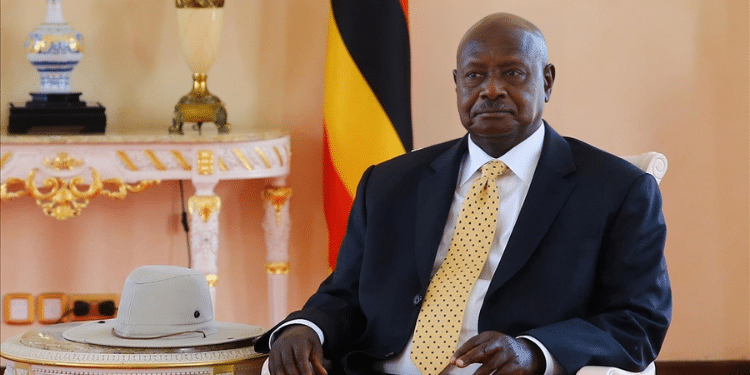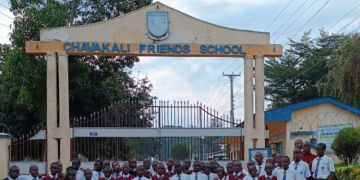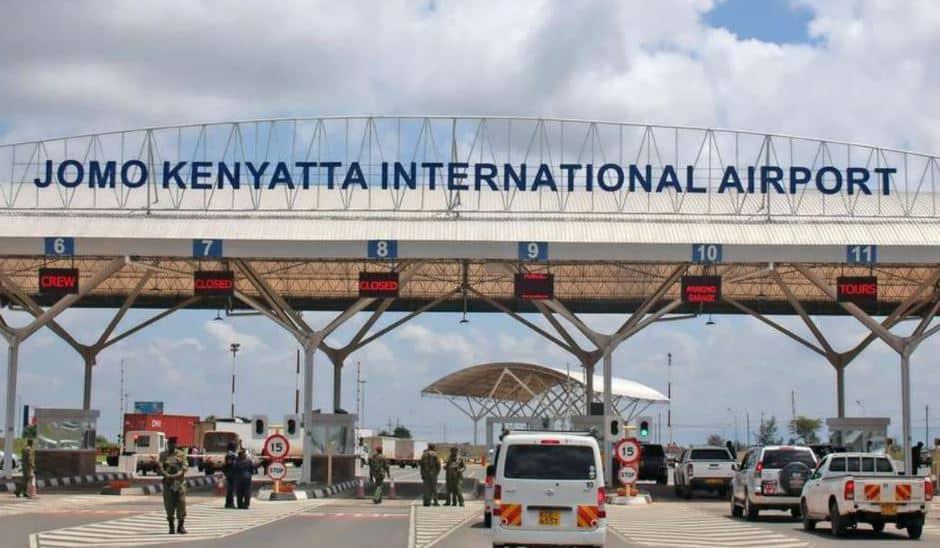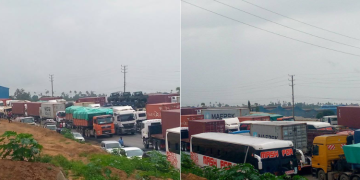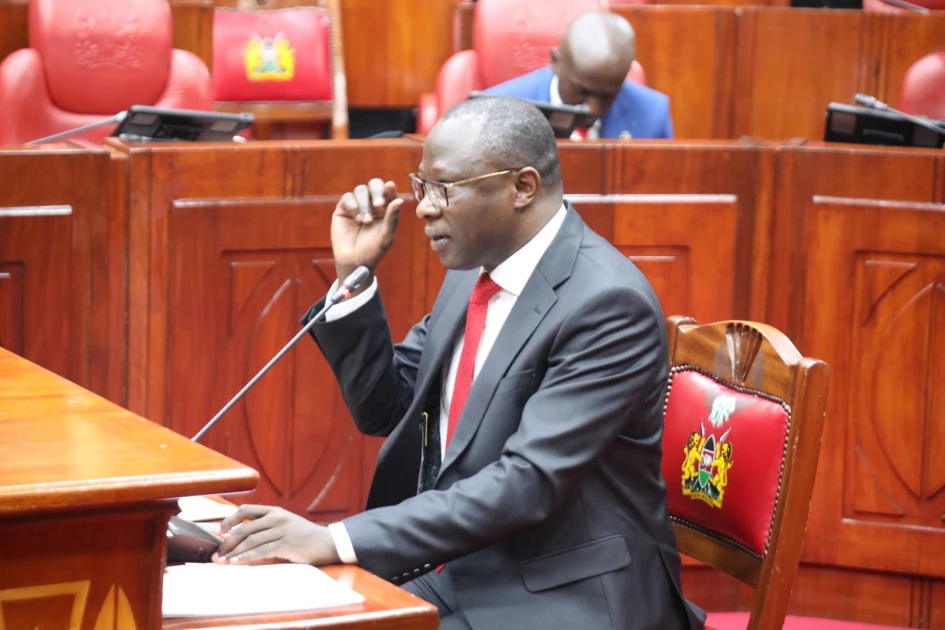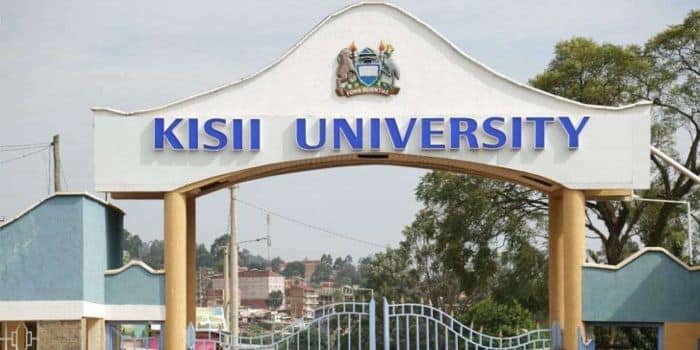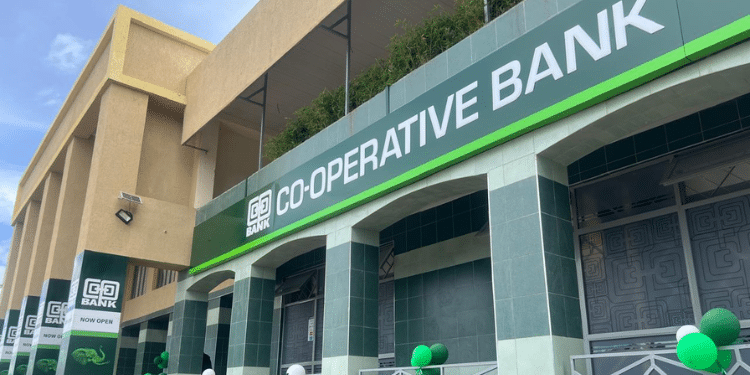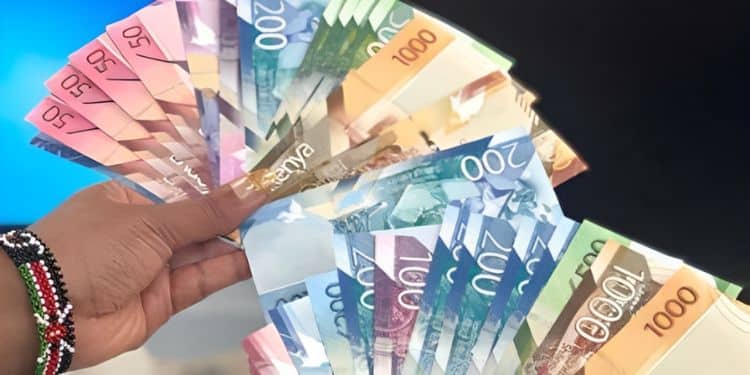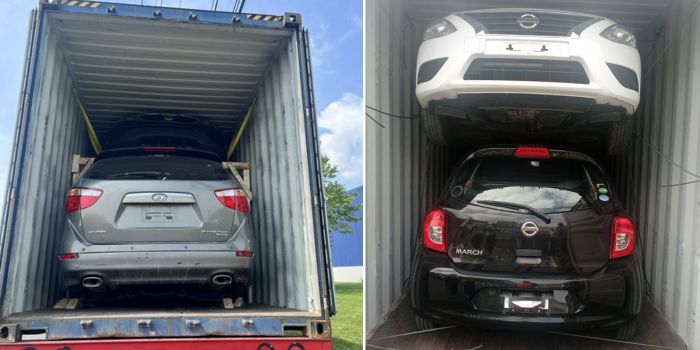The cost of purchasing secondhand cars could increase if the changes proposed by the Kenya Revenue Authority (KRA) are adopted.
In a statement, KRA has announced the proposed changes to the method used for valuing used motor vehicles for customs purposes.
According to the notice, KRA intends to shift from using the Current Retail Selling Price (CRSP) method to using the Transaction Value method for the valuation of used motor vehicles.
Additionally, the notice explained that the changes are being proposed in compliance with a court ruling (petition 190 of 2018), Article 47 of the Kenyan Constitution.

Further, KRA has stated that the East Africa Community (EAC) Sectoral Council on Trade, Industry, Finance and Investment (SCTIFI) has directed that partner states use Free On Board (FOB) values for used motor vehicles.
“This is also to align KRA to the decision of the East Africa Community (EAC) Sectoral Council on Trade, Industry, Finance and Investment (SCTIFI) whereby partner states were directed to use Free On Board values for used motor vehicles.
“The acceptance of the Transaction value will be subject to the conditions laid out in the above Article and the 4th schedule of EACCМА,’ the notice reads in part.
Also Read: Nairobi Gang Using New Tricks to Steal from Parked Cars Cornered
Consequences of the Move to Cost of Secondhand Cars
However, this move could lead to potential increase in duties. The Transaction Value method, which considers the actual price paid for the vehicle, may lead to higher duty charges if the declared transaction value is higher than the Current Retail Selling Price (CRSP).
This could result in higher overall costs for importing used vehicles.
Also, if the Transaction Value method results in higher duty charges, the additional costs may be passed on to consumers, making used vehicles more expensive.
At the same time, there may be adjustments to the market as importers and consumers react to the new valuation method. This may include changes in the types of vehicles being imported or the pricing used by dealers.
This is because if the prices are hiked, the demand for secondhand vehicles may reduce, causing customers to shift to purchasing new vehicles or choosing other modes of transport like matatus.
On the other hand, the move could potentially increase government revenue from import duties if the Transaction Value method captures a more accurate and potentially higher valuation of imported vehicles.
Also, the new method may provide a more transparent and fair assessment of vehicle values, as it is based on actual transaction prices rather than estimated retail prices.
Also Read: Govt Announces New Import Fees for Select Products
KRA Invites Kenyans for Comments
Moreover, the public has been invited to submit comments and feedback on the proposed changes by August 31, 2024.
Kenyans have been asked to submit their comments to the Commissioner of Customs and Border Control at KRA’s headquarters or via email.
“As provided for in the constitution, members of the public are hereby invited to submit comments on the above changes by 31st August 2024 to the Commissioner Customs & Border Control, Kenya Revenue Authority, P.O. Box 48240-00100, Nairobi or by email to [email protected] and [email protected],” the statement added.
Further, KRA plans to conduct physical stakeholder engagements with member associations of used motor vehicles in September and October in Mombasa and Nairobi.
Further communication on these physical engagements will be communicated in the KRA website in August and through correspondence with the stakeholder groups.
Follow our WhatsApp Channel for real-time news updates
https://whatsapp.com/channel/0029VaB3k54HltYFiQ1f2i2C


